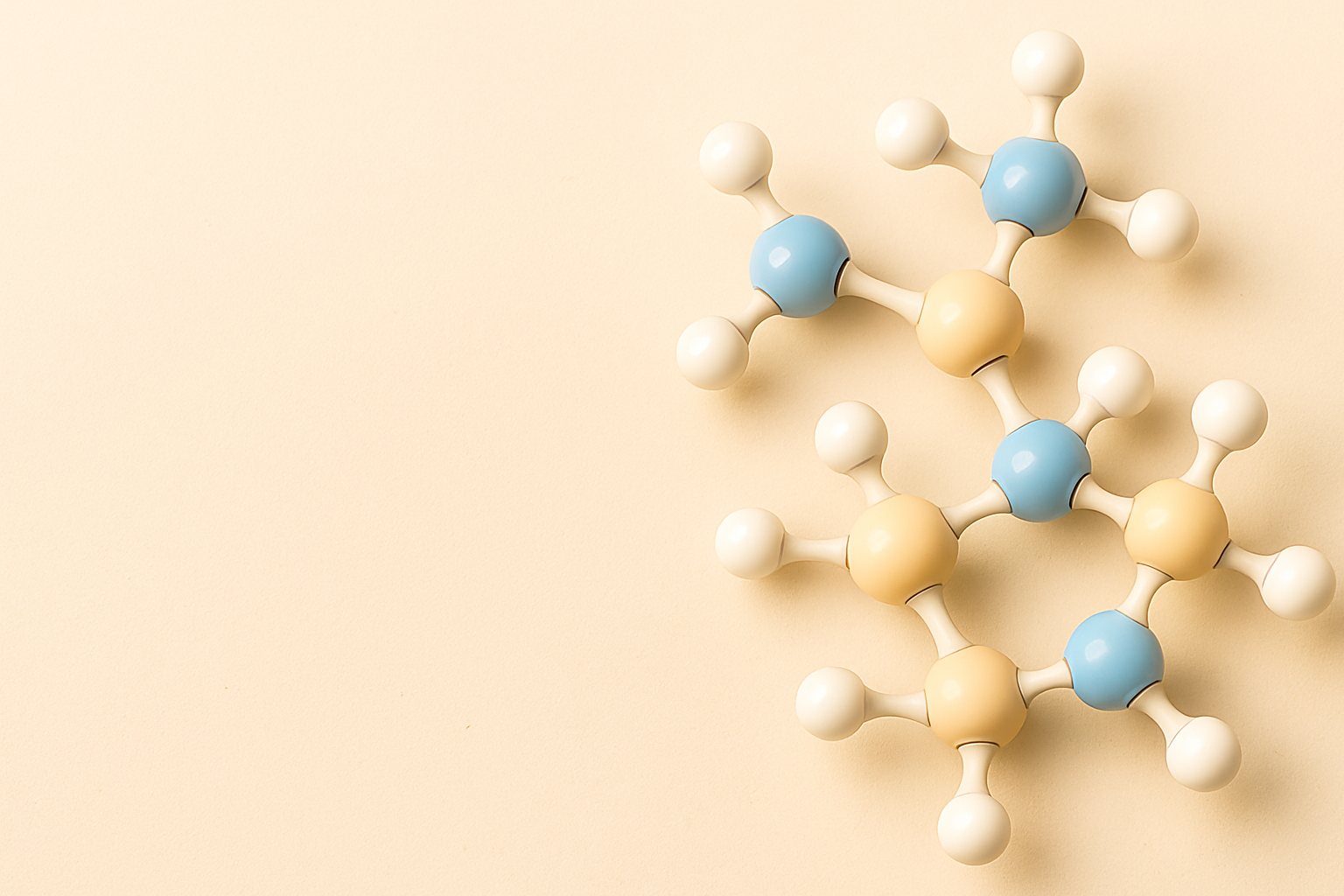
Cellular Energy and Longevity: What You Can Do Today
Most people associate energy with coffee or sugar.
But true energy doesn’t come from caffeine - it’s born inside your cells.
Within them lie tiny organelles called mitochondria, acting as microscopic power plants. They convert nutrients into a molecule that fuels all body processes — ATP (adenosine triphosphate).
When mitochondria function efficiently, we feel alert, focused, and resilient. When their activity weakens, fatigue, brain fog, and early signs of aging appear.
Why Mitochondria Weaken
Mitochondria are highly sensitive to our daily habits and environment. Their function is disrupted by:
- Chronic stress and elevated cortisol
- Poor-quality sleep
- Nutrient deficiencies (especially B vitamins, carnitine, and magnesium)
- Inflammatory processes
- Natural aging changes
Over time, the body produces more free radicals - unstable molecules that can damage mitochondria.
That’s why nutritional support for these organelles is essential if you want to maintain energy, resilience, and longevity.
Key Elements That Support Cellular Energy:
Magnesium – The Foundation of Energy and Nervous System Balance
Magnesium participates in over 300 enzymatic reactions, including the production of ATP — the body’s main energy molecule.
It helps reduce fatigue, supports nervous system balance, and contributes to proper muscle function.
The bisglycinate form of magnesium stands out for its excellent absorption and gentle effect on digestion.
→ Learn more about L Cell Magnesium Bisglycinate
NR (Nicotinamide Riboside) – The Cellular Energy Coenzyme
NR increases NAD+ levels — a compound essential for mitochondrial energy production.
Higher NAD+ supports efficient cellular metabolism, promotes DNA repair, and slows aging processes.
It’s one of the most advanced ingredients in modern longevity nutrition.
→ Learn more about L Cell NR
Urolithin A – For Mitochondrial Renewal
Urolithin A supports mitophagy — the natural process of removing damaged mitochondria and generating new, healthy ones.
This helps maintain energy levels, muscle function, and overall cellular vitality.
Research shows that Urolithin A is one of the most effective compounds for supporting longevity.
→ Learn more about L Cell Urolithin A
Habits That Strengthen Mitochondria
- Move daily – muscle activity stimulates the creation of new mitochondria.
- Prioritize sleep quality – regular, restful sleep helps the body restore its energy reserves.
- Choose nutrient-dense foods – especially omega-3 fatty acids, greens, and proteins.
- Avoid excessive calorie intake – mild caloric restriction improves mitochondrial efficiency.
- Reduce chronic stress – constant cortisol imbalance depletes the body’s energy system.
Energy Begins in the Cells
When they function smoothly, the body naturally generates more vitality, clarity, and resilience.
Caring for your mitochondria means nurturing your most fundamental source of daily energy and longevity.




Leave a comment
This site is protected by hCaptcha and the hCaptcha Privacy Policy and Terms of Service apply.